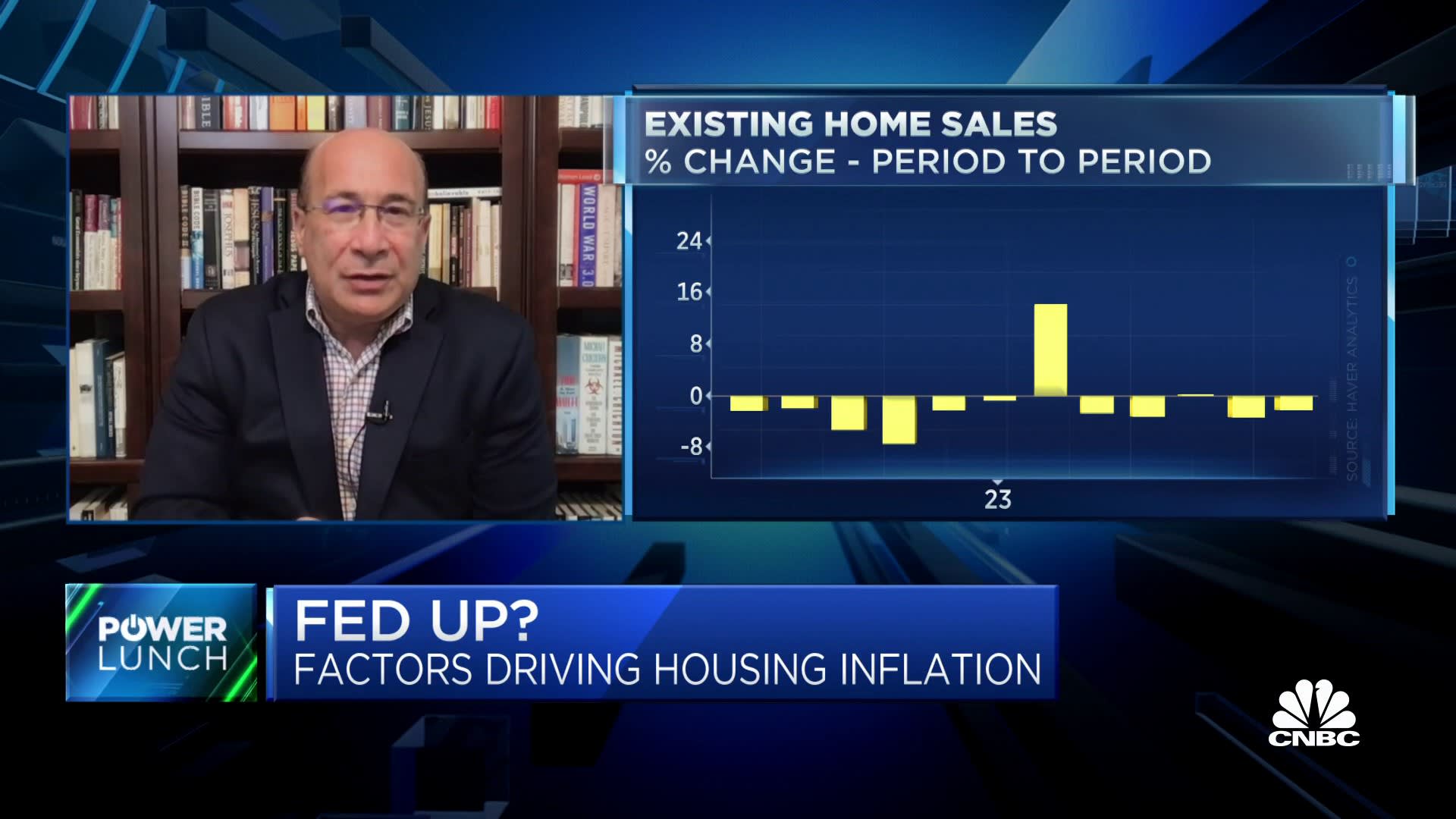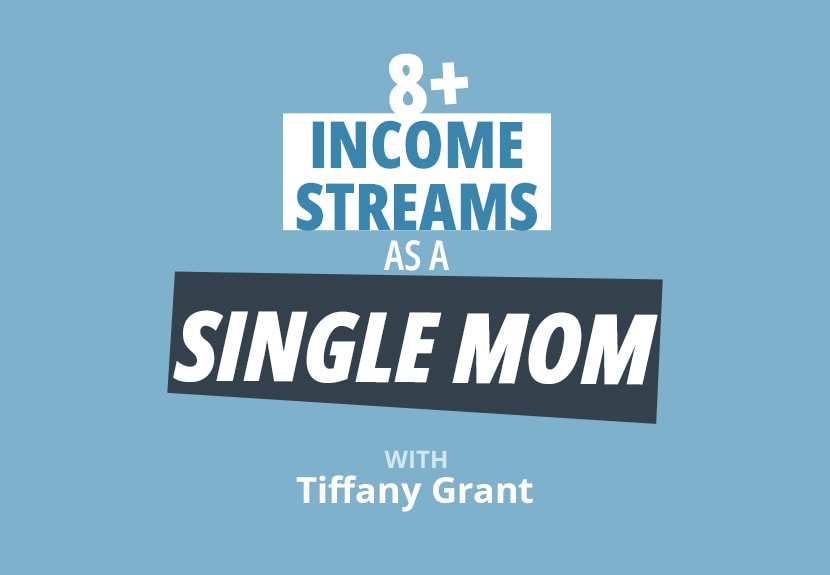At least seven former employees of the rent-to-own company posted on LinkedIn on Thursday that they had been laid off from the rent-to-own company.
No one can predict the future, but you can prepare. Find out what to prepare for and pick up the tools you’ll need at the immersive Virtual Inman Connect on Nov. 1-2, 2023. And don’t miss Inman Connect New York on Jan. 23-25, 2024, where AI, capital, and more will be center stage. Bet big on the roaring future, and join us at Connect.
Rent-to-own company Divvy Homes has undergone another round of layoffs, eliminating several positions, according to public LinkedIn posts.
Divvy has yet to make a public announcement or respond to Inman’s multiple requests for comment, but at least seven former employees posted on LinkedIn on Thursday that they had been laid off from the company.
Among those affected were a former vice president of communications, an operations project coordinator, a software engineer, a technical recruiter, an IT engineer and an acquisitions lead, according to LinkedIn posts.
“I was laid off from Divvy Homes today, alongside many other talented and amazing colleagues,” former head of communications Cristin Culver wrote on the social media website. “It was a short but sweet stint at a company with a mission and team I’ve long admired.”
While it remains unclear how many employees were affected, this marks the third round of layoffs the rent-to-own company has undergone over the past year. In February, the company instituted a round of layoffs that they similarly did not publicly reveal any details about, with news of the layoff coming from affected employees’ LinkedIn posts.
In September of 2022, the firm slashed 12 percent of its staff, or 40 people, as a response to increasing interest rates.
“Realistically, the macro environment is likely to remain volatile and challenging for the foreseeable future. As a result, we needed to adjust headcount to reflect the new reality today,” communications Vice President Kyle Zink said at the time.
According to an employee affected by the layoffs, who asked to speak on background, rising rates were again cited as the reason for downsizing. The company had initially made moves to conserve capital when rates first started to rise in 2022, but with no end in sight to the high-rate environment, it is no longer feasible for them to grow, employees were told.
Divvy purchases homes on behalf of its customers and then rents the homes back to them while the customers continue to build equity on the properties. Initially, the renter contributes 1 percent to 2 percent of the home value to the purchase, then about 25 percent of each monthly payment that follows goes toward saving up for a down payment.
The agreement between renters and Divvy is organized so that a renter can save up to 10 percent of the home’s negotiated purchase price over the course of a three-year lease, but can also buy the home at any time. Or, if the renter decides against the home, they can walk away and receive cash for their savings, minus a “relisting fee” amounting to 2 percent of the home’s initial purchase price.
Divvy’s effectiveness at turning renters into homeowners has been questioned, however, as has the quality of its rental homes. A Fast Company investigation published in October of 2022 found that the company charges higher rents than traditional landlords in some markets, and has stepped up its evictions of tenants despite its stated goal of helping renters become homeowners.
A subsequent New York Times investigation found that Divvy customers had a far higher monthly outlay compared with customers of other rent-to-own firms, leading to struggles for many renters in an era of increased inflation. It also found that many customers struggled with the company’s in-house repair service and often experienced long waiting periods for routine repairs.
Email Ben Verde
















